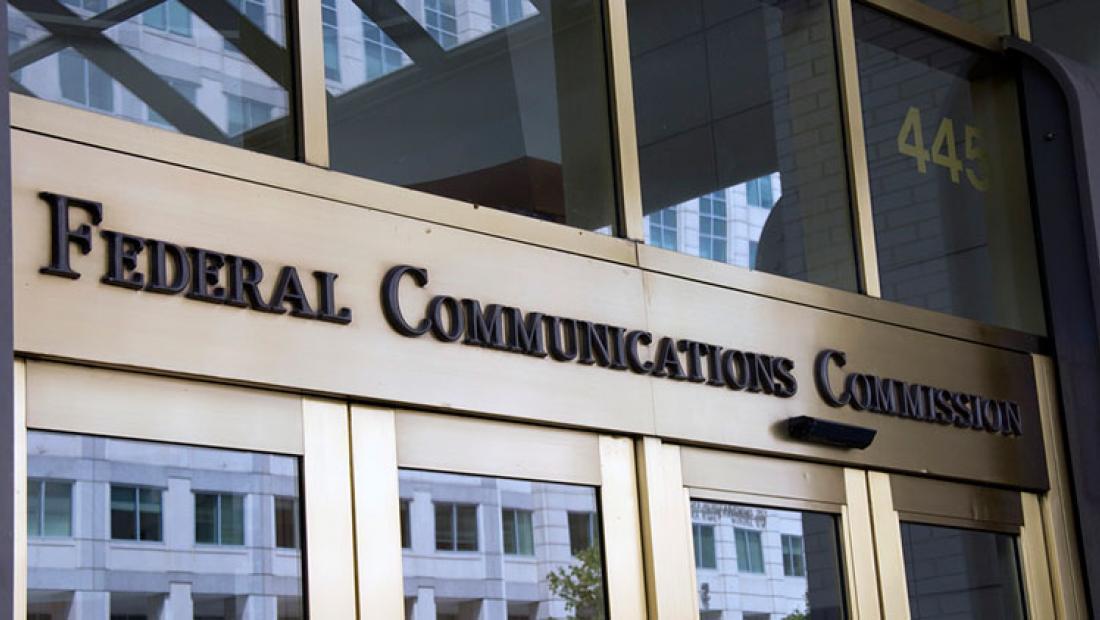Court Issues Partial Smackdown of Wheeler-Era Robocall Decision

The smarter way to stay on top of broadcasting and cable industry. Sign up below
You are now subscribed
Your newsletter sign-up was successful
The U.S. Court of Appeals has decided that not every smartphone is an autodialer subject to the restrictions of the Telephone Consumer Protection Act (TCPA).
In a decision released Friday (March 16), the court reversed a 2015 FCC decision that robocalls to numbers of consenting parties that were subsequently transferred to nonconsenting parties violated the Telephone Consumer Protection Act (TCPA) as well as the FCC's definition of the autodialers (automatic telephone dialing system, or ATDS) that can't be used without the call (or text) recipient's prior permission.
The court found the FCC's definition of autodialers (seomthing with the "capacity" to autodial) to reach "any and all smart phones," as well as downloadable aps and software additions, which it said was "expansive," adding: "If every smartphone qualifies as an ATcS, the statute's restrictions on autodialer calls assume an eye-popping sweep."
That is because the TCPA bars the use of an ATDS (so, theoretically any smartphone) from making any calls or text messages) without prior consent, levying a $500 fine per violation. And that applies whether or not any autodialer software was used.
The TCPA cannot reasonably be read to render every smartphone an ATDS, said the court, so that any smartphone user would be in violation of federal law very time they made a call or sent a text without first getting permission.
The court let stand the FCC's decision that a party can revoke consent to robocalls through "any reasonable means" and the scope of the FCC's exemption for relaying time-sensitive, health-related info.
Current FCC Chairman Ajit Pai, who dissented from that 2015 decision, and whose dissent the court quoted in its decision, was pleased.
“Today’s unanimous D.C. Circuit decision addresses yet another example of the prior FCC’s disregard for the law and regulatory overreach, said Pai. "As the court explains, the agency’s 2015 ruling placed every American consumer with a smartphone at substantial risk of violating federal law. That’s why I dissented from the FCC’s misguided decision and am pleased that the D.C. Circuit too has rejected it.
“Instead of sweeping into a regulatory dragnet the hundreds of millions of American consumers who place calls or send text messages from smartphones, the FCC should be targeting bad actors who bombard Americans with unlawful robocalls. That’s why I’m pleased today’s ruling does not impact (and, in fact, acknowledges) the current FCC’s efforts to combat illegal robocalls and spoofing."
FCC Commissioner Jessica Rosenworcel, who voted for the 2015 robocall item, saw it differently. “Robocalls are already out of control. One thing is clear in the wake of today’s court decision: robocalls calls will continue to increase unless the FCC does something about it. That means that the same agency that had the audacity to take away your net neutrality rights is now on the hook for protecting you from the invasion of annoying robocalls. It’s past time for the American public to get a serious response from the FCC—and a reprieve from the unrelenting nuisance these calls have become for so many of us.”
Helgi Walker, who represented the U.S. Chamber of Commerce in the challenge to the FCC decision, was understandably pleased
“This is a huge win that allows American businesses and consumers to communicate with each other so that consumers can obtain information that is important to them in their daily lives, and the decision will help to avoid increasingly onerous class-action liability under the TCPA for those legitimate communications."
“I am heartened by the court’s unanimous decision, which seems to reaffirm the wording of the statute and rule of law, said Republican commissioner Michael O'Rielly, the other dissenting vote on the 2105 decision. "This will not lead to more illegal robocalls but instead remove unnecessary and inappropriate liability concerns for legitimate companies trying to reach their customers who want to be called."
The smarter way to stay on top of broadcasting and cable industry. Sign up below
Contributing editor John Eggerton has been an editor and/or writer on media regulation, legislation and policy for over four decades, including covering the FCC, FTC, Congress, the major media trade associations, and the federal courts. In addition to Multichannel News and Broadcasting + Cable, his work has appeared in Radio World, TV Technology, TV Fax, This Week in Consumer Electronics, Variety and the Encyclopedia Britannica.

